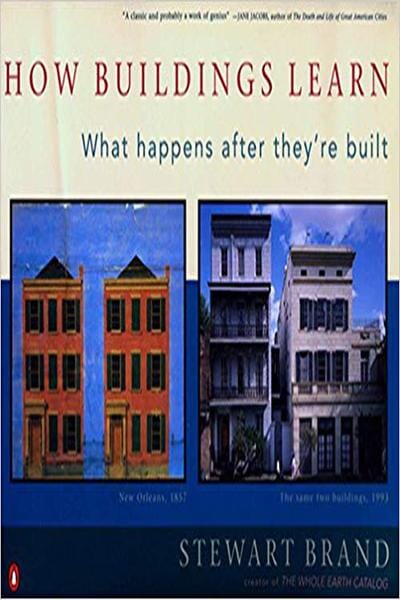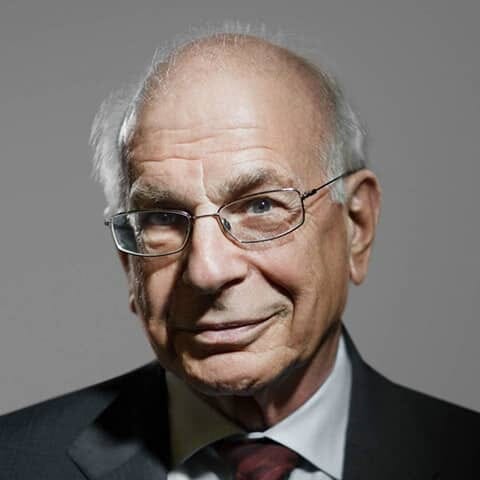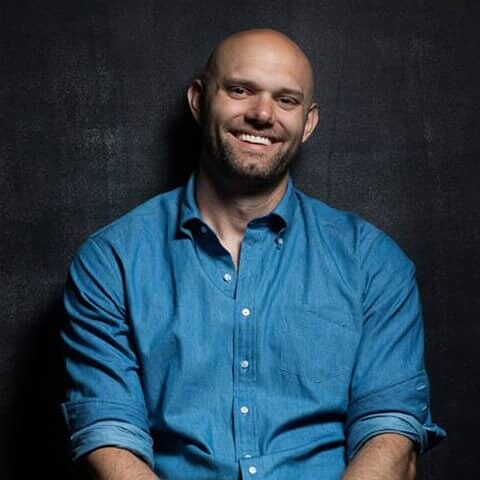 author
authorStewart Brand
Stewart Brand is an American writer best known as the editor of the Whole Earth Catalog. He founded several organizations, including The WELL, the Global Business Network, and the Long Now Foundation. He is the author of several books, most recently Whole Earth Discipline: An Ecopragmatist Manifesto.
Brand was born in Rockford, Illinois, and attended Phillips Exeter Academy in New Hampshire. He studied biology at Stanford University, graduating in 1960. As a soldier in the U.S. Army, he was a parachutist and taught infantry skills; he later expressed that his military experience had fostered his competence in organizing. A civilian again in 1962, he studied design at San Francisco Art Institute, photography at San Francisco State College, and participated in a legitimate scientific study of then-legal LSD in Menlo Park, California. In 1966, he married mathematician Lois Jennings, an Ottawa Native American.
Brand has lived in California since the 1960s. He and his second wife live on Mirene, a 64-foot (20 m)-long working tugboat. Built-in 1912, the boat is moored in a former shipyard in Sausalito, California. In addition, he works in Mary Heartline, a grounded fishing boat about 100 yards (90 meters) away. One of his favorite items is a table on which Otis Redding is said to have written "(Sittin' On) The Dock of the Bay." (Brand acquired it from an antique dealer in Sausalito.)
By the mid-1960s, Brand became associated with New York multimedia group USCO and Bay Area author Ken Kesey and his "Merry Pranksters." Brand co-produced the Trips Festival, an early effort involving rock music and light shows, in San Francisco with Kesey and Ramón Sender Barayón. This was one of the first venues at which the Grateful Dead performed in San Francisco. About 10,000 hippies attended, and Haight-Ashbury soon emerged as a community. Tom Wolfe describes Brand in his 1968 book, The Electric Kool-Aid Acid Test.
The Whole Earth Catalog implied an ideal of human progress that depended on decentralized, personal, and liberating technological development—so‑called "soft technology." However, in 2005 he criticized aspects of the international environmental ideology he had helped to develop. He wrote an article called "Environmental Heresies" in the May 2005 issue of the MIT Technology Review, in which he describes what he considers necessary changes to environmentalism. He suggested, among other things, that environmentalists embrace nuclear power and genetically modified organisms as technologies with more promise than risk.
Brand later developed these ideas into a book and published the Whole Earth Discipline: An Ecopragmatist Manifesto in 2009. The book examines how urbanization, nuclear power, genetic engineering, geoengineering, and wildlife restoration can be powerful tools in humanity's ongoing fight against global warming. In a 2019 interview, Brand described his perspective as "post-libertarian," indicating that when the Whole Earth Catalog was being written, he did not fully understand the significance of the government's role in developing technology and engineering. In his environmental position, he self-describes as an "Eco-pragmatist."
Best author’s book



Stewart Brand recommends
84


A History of Civilizations



A History of the World in 100 Objects



A Pattern Language



A Short History of Nearly Everything



The Better Angels of Our Nature



Thinking, Fast and Slow



Across Realtime



Adventures of a Bystander



Tao Te Ching



Finite and Infinite Games



Beowulf



Guns, Germs, and Steel



Meditations



Brave New World



Collapse



Consider Phlebas



Conceptual Physics



The Prince



Dirt



Dune



Elements



Excession



Foundation and Empire



Foundation



Governing the Commons



Imagined Worlds



Homo Ludens



Infinite in All Directions



Learning to Breathe Fire



Look to Windward



Machines of Loving Grace



Medieval Civilization



Memory of the World



Military Misfortunes



One True God



On the Nature of Things



Our Bodies, Ourselves



Powers of Ten



The Gift



Star Maker



Scale



Second Foundation



State of the Art



The Art of the Long View



The Causes of War



The Civilization of the Middle Ages



The Clash of Civilizations and the Remaking of World Order



The Coming Population Crash



The Encyclopedia of Earth



The Epic of Gilgamesh



The Eternal Frontier



The Complete Greek Tragedies



The Complete Guide to Trail Building and Maintenance



The Discoverers



The Future of Life



The Iliad



The King and the Corpse



The Landmark Herodotus



The Landmark Thucydides



The Map Book



The Merck Manual Home Health Handbook



The History of the Decline and Fall of the Roman Empire



The Idea of Decline in Western History



The Long Summer



The Past From Above



The Pattern on the Stone



The Odyssey



The Oxford Shakespeare



The Player of Games



The Revenge of Gaia



The Rise of the West



The Sleepwalkers



The Singularity Is Near



The Story of Writing



The Way Life Works



The Western Canon



Time Travel



Triumph of the City



Turing's Cathedral



Thinking in Time



Use of Weapons



Venice



What Technology Wants































































































































